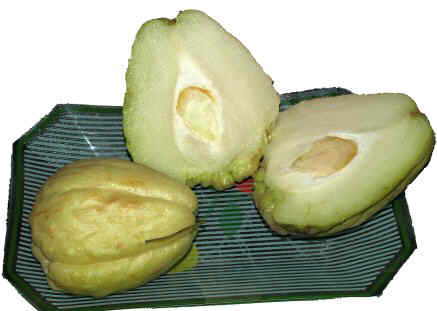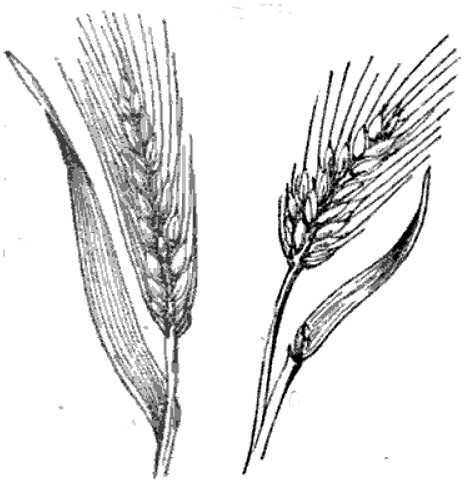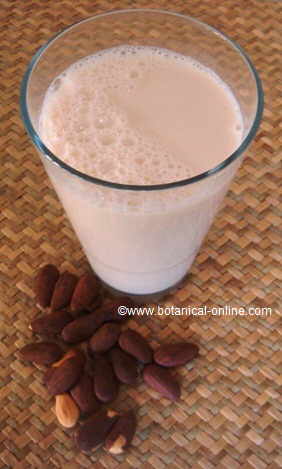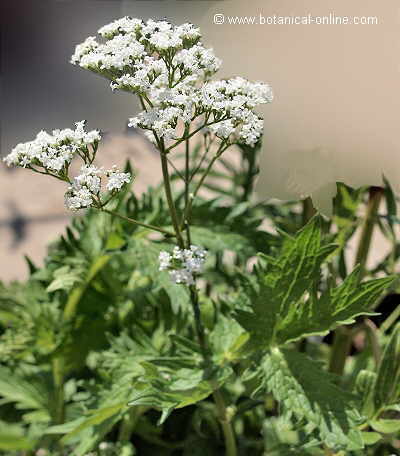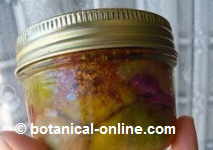Contents
- 1 Nutrition for alzheimer’s disease
- 1.1 SUGGESTED FOOD FOR ALZHEIMER
- 1.2 What are the most appropriate foods in the diet of patients with Alzheimer’s?
- 1.3 Foods rich in essential fatty acids for Alzheimer
- 1.4 Foods rich in vitamin C for Alzheimer
- 1.5 Foods rich in energy for Alzheimer
- 1.6 Foods rich in vitamin E
- 1.7 NON-recommended foods in the diet of patients with Alzheimer’s disease
Nutrition for alzheimer’s disease
SUGGESTED FOOD FOR ALZHEIMER
What are the most appropriate foods in the diet of patients with Alzheimer’s?
Diet must be carefully considered in case of Alzheimer patients. As the disease progresses, patients tend to neglect their personal issues and leave most of the habits, including preparing meals or eating well. An Alzheimer’s patient may neglect his or her diet which can produce a deterioration in the body due to lack of proper nutrients.
This applies particularly to more severe stages of the disease when patients have to be compulsorily treated by others. In very advanced stages some patients may be needed tube feeding.
Proper nutrition helps maintain the body of patients better, can help improve many of the symptoms and can delay the disease progression.
Among the foods recommended in the diet of Alzheimer’s patients, we would have the following:
Foods rich in essential fatty acids for Alzheimer
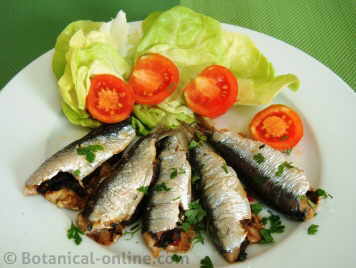 It is suspected that the lack of fatty acids could be one of the triggers of Alzheimer’s disease. Analysis in patients with this disease show low levels of fatty acids. The intake of foods rich in essential fatty acids omega-3 and omega-6 could improve the evolution of the disease.
It is suspected that the lack of fatty acids could be one of the triggers of Alzheimer’s disease. Analysis in patients with this disease show low levels of fatty acids. The intake of foods rich in essential fatty acids omega-3 and omega-6 could improve the evolution of the disease.
There is evidence that patients receiving these components through foods, or even better, through supplements, showed a larger stability in the character and did not offer many episodes of depression or irritability.
Fish such as sardines, tuna, mackerel, swordfish, cod, salmon, turbot, shrimp, trout and herring contain essential fatty oils
Among plant foods rich in essential fatty acids we have nuts like walnuts, almonds or peanuts, oils such as corn oil, linseed oil, sunflower oil, or soybean oil or very interesting seeds as sunflower seeds or flaxseed. (See some considerations about how to prepare nuts and seeds below)
Foods rich in vitamin C for Alzheimer
Vitamin C is a potent antioxidant capable of neutralizing the negative effects of free radicals on brain cells. The intake of foods rich in vitamin C may help delay Alzheimer’s symptoms.
Among the most suitable food rich in vitamin C we have citrus (oranges, lemons, grapefruit, etc.). Vegetable sprouts and other dark green leafy vegetables are very rich in this vitamin, as well as other fruits (bananas, apples, melons, watermelons, carrots, pineapples, pears, papayas, barley, berries, celery, strawberries, grapes, figs, green beans, blueberries, potatoes, avocados,, cherimoyas, pomegranates, etc.)
Foods rich in energy for Alzheimer
The problem with Alzheimer’s disease is its increasingly large disinterest towards food as the disease progresses. This often results in fatigue and a lack of desire to eat which causes nutritional problems. At the same time, the increasing difficulty in handling cutlery may aggravate the problem.
Taking very nutritious food and, at the same time, very easy to swallow, may be a way to solve the problem. Among the most interesting foods to these purpose, we can distinguish the following: milk and dairy products fortified with minerals or vitamins, breads, muffins or snacks, fortified nutrient preparations easy to eat, etc.
Foods rich in vitamin E
Because of its antioxidant properties, vitamin E may help delay Alzheimer’s destructive effects on brain cells. Plants that have this vitamin are vegetable fats: The wheat germ oil, sunflower oil, olive oil. Other plant sources have lesser amounts, such as apples or asparagus. Mangos and avocados have lesser amounts. Many other vegetables have vitamin E but in such small amounts that are not worth naming.
NON-recommended foods in the diet of patients with Alzheimer’s disease
Given the difficulty of swallowing the Alzheimer patients present and their difficulty in handling utensils such as knives, forks, and spoons, some foods should be avoided. We are especially referring to those that may be difficult to swallow or could be swallowed whole without chewing.
In the same way, meals requiring the use of spoons or utensils that could be difficult to manage by these patients are not very suitable. Among the non-recommended foods, we could consider the following:
- Nuts and seeds: Nuts and seeds must be chewed properly to be digestible. Alzheimer’s patients may find quite difficult to chew them and they can even swallow them whole with the potential danger of getting choked. Although nuts and seeds are very nutritious, it is better not give these foods to such patients, at least in its natural form. However, they could prove useful when prepared in other ways, as a in cookies, unless they are eaten dry. This type of food appears to be very adequate if they are well ground and prepared in a soft way.
- Very soft meals: Meals with very soft consistency require the use of the spoon, so they may spill from the patient’s mouth. This type of meals, such as soup, is not very recommended.
- Is aluminum cookware and cutlery harmful?: There is great controversy over the fact that cooking or eating with utensils made of aluminum can be harmful to the Alzheimer’s disease patients. It seems that these patients usually have very high levels of this metal. It is believed that aluminium, ingested in large amounts, might be poisonous to brain cells.
![]() More information about Alzheimer’s disease and its natural treatment.
More information about Alzheimer’s disease and its natural treatment.

